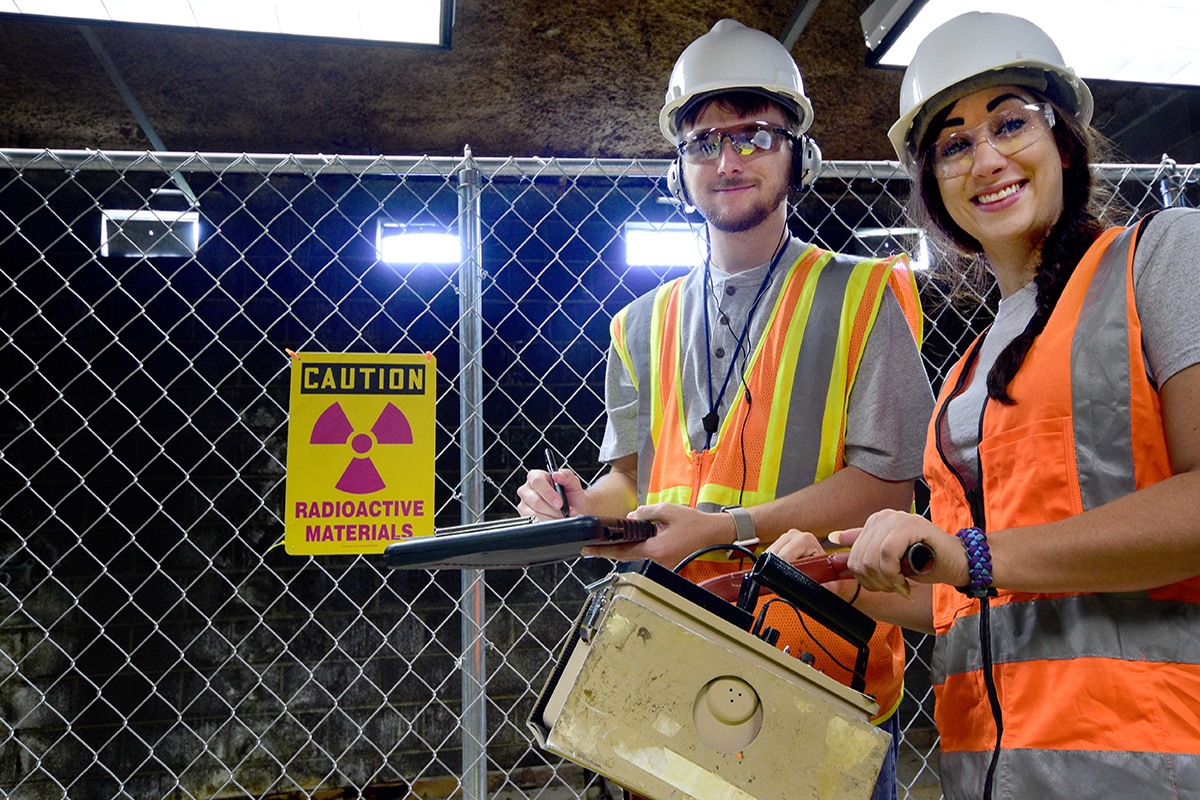High-pressure equipment is integral to various industries, including manufacturing, oil and gas, and construction. However, working with such equipment presents significant safety risks. To ensure a safe working environment, understanding these risks and implementing effective safety measures is crucial. This is where a Safety Officer Course in Pakistan becomes invaluable, as it equips professionals with the necessary knowledge to manage and mitigate these risks effectively.
Understanding High-Pressure Equipment Risks
High-pressure equipment operates under extreme conditions, often involving pressures that can exceed several thousand psi (pounds per square inch). This creates a unique set of safety challenges. Workers must be aware of these risks to prevent accidents and ensure safety.
1. Pressure-Related Hazards
One of the primary risks associated with high-pressure equipment is the potential for pressure-related accidents. Equipment failures or malfunctions can lead to catastrophic explosions or ruptures. These incidents can cause severe injuries or fatalities. A Safety Officer Course in Pakistan provides essential training on how to identify potential pressure-related hazards and implement preventive measures.
2. Chemical Exposure
High-pressure equipment is often used in conjunction with chemicals or other hazardous substances. Exposure to these chemicals, whether through leaks or spills, can result in serious health issues. Training through a Safety Officer Course in Pakistan helps safety officers understand how to handle and store these substances safely, minimizing the risk of chemical exposure.
Key Safety Measures
Implementing effective safety measures is crucial for mitigating the risks associated with high-pressure equipment. Here are some key strategies that can be learned through a Safety Officer Course in Pakistan:
1. Regular Maintenance and Inspection
Routine maintenance and inspection of high-pressure equipment are critical to prevent failures. This includes checking for signs of wear, corrosion, or damage. A Safety Officer Course in Pakistan teaches how to conduct thorough inspections and maintain equipment to ensure it operates safely and efficiently.
2. Proper Training and Procedures
Ensuring that all personnel are properly trained is essential for safety. A Safety Officer Course in Pakistan provides comprehensive training on operating high-pressure equipment safely, including emergency response procedures. This training helps workers understand how to use the equipment correctly and respond effectively in case of an emergency.
Emergency Preparedness and Response
Preparedness for emergencies is a key component of working with high-pressure equipment. In the event of an accident or equipment failure, having a well-defined emergency response plan can make a significant difference.
1. Developing Emergency Response Plans
A detailed emergency response plan should be developed and practiced regularly. This plan should include procedures for evacuating personnel, handling spills or leaks, and reporting incidents. The knowledge gained from a Safety Officer Course in Pakistan can assist in creating and implementing effective emergency response plans.
2. Emergency Equipment and Drills
Regular drills and access to emergency equipment are essential for effective response. Workers should be familiar with the location and use of safety equipment such as fire extinguishers, first aid kits, and emergency shut-off valves. Training from a Safety Officer Course in Pakistan ensures that safety officers can organize and conduct these drills effectively.
Conclusion
In summary, the safety risks of working with high-pressure equipment are significant, but with the right training and safety measures, these risks can be effectively managed. Enrolling in a Safety Officer Course in Pakistan provides the knowledge and skills needed to handle these challenges and ensure a safe working environment.
